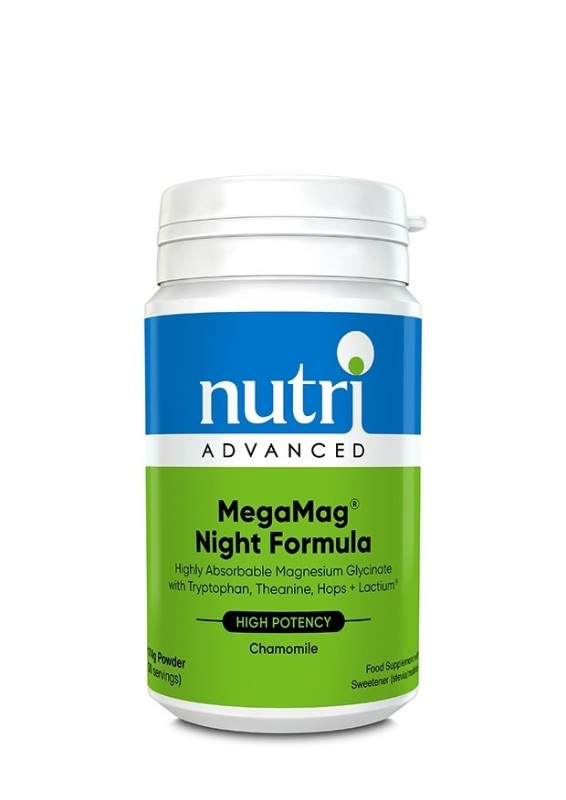
Isn't that the stuff that we used to burn on a Bunsen burner in Chemistry?
Yes, but Magnesium can also increase energy levels and the quality of your sleep
Magnesium is one of our favourite supplements here at Motus because it supports so many aspects of our health.
What is it?
Magnesium is an essential chemical element with symbol Mg with a shiny grey appearance.
Why does our body need it?
It is involved in over 300 reactions contributing to the production of energy, activating B vitamins, relaxing our body and mind and help manage blood sugar levels.
Where do I get it from?
It is found in many plant and animal foods such as dark leafy greens, legumes, nuts, seeds and whole grains. Foods containing dietary fibre also contain Magnesium with some cereals and fortified foods even having it added. However, due to some modern day refining of grains Magnesium content can be removed along with other nutrients.
Benefits
Increasing Magnesium intake has scientifically proven to support and help manage diseases such as Gastrointestinal disease eg Crohn's, Type 2 diabetes, Alcohol dependencies, Joint diseases such as osteoporosis, Hypertension and cardiovascular diseases amongst many others. Magnesium also plays a role in supporting deep, restorative sleep by maintaining healthy levels of GABA, a neurotransmitter that promotes sleep.
Facts about Magnesium deficiency:
The World Health Organisation states that 75% of the population do not reach the RDA for Magnesium
Magnesium content in vegetables has declined up to 80% since 1950 and modern processing of grains for flour and pasta removes 80-90% of total magnesium.
People with a history of alcoholism were six times more likely to have magnesium deficiency than were people without such a history.
The low magnesium status seen in alcoholics with liver cirrhosis contributes to the development of hypertension in these people.
Almost two-thirds of people in intensive care hospital units have been found to be magnesium deficient.
Deficiency may also occur in people with chronic diarrhoea, pancreatitis, and other conditions associated with malabsorption.
Fatigue, abnormal heart rhythms, muscle weakness and spasm, depression, loss of appetite, listlessness, and potassium depletion can all result from a magnesium deficiency.
How can I take it?
Magnesium can be supplemented in many forms nowadays such as a Tea, oral capsules, bath salts and as a spray on the skin for sore muscles.
We use Nutri Advanced as a source of supplements and you can message for a discount code or any questions.
